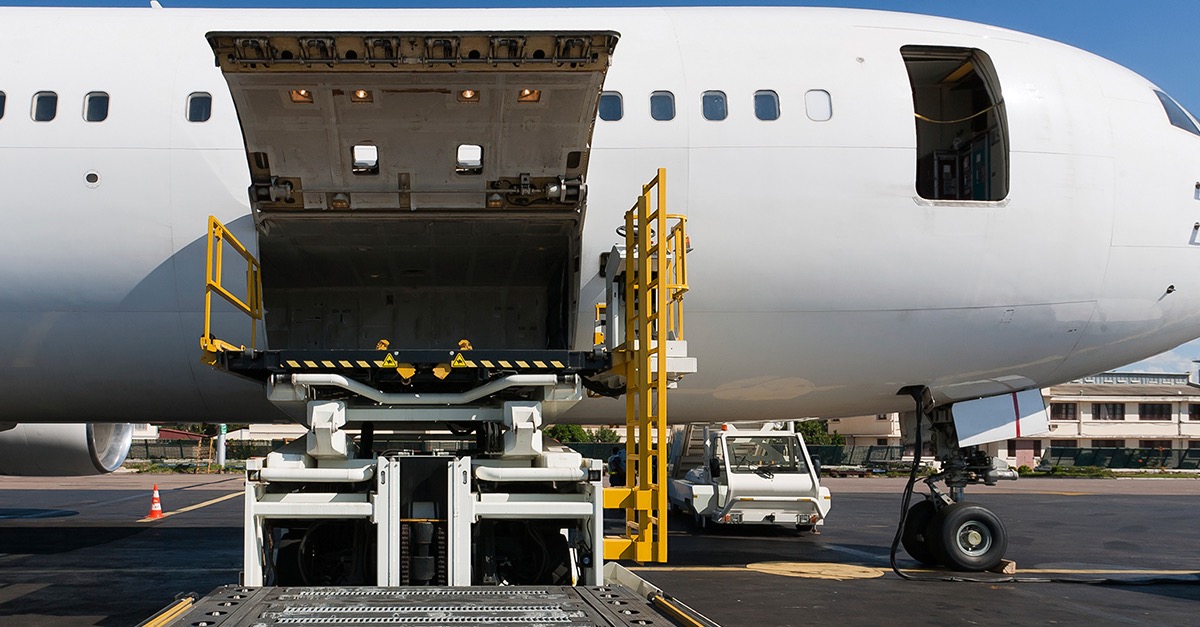Leadership From the Flight Deck
By ALPA Staff
ALPA pilots this week continued to encourage their elected officials to vote for secondary cockpit barrier language in the upcoming FAA reauthorization legislation. Through an ALPA-wide Call to Action, pilots reached out directly to Capitol Hill on the importance of these proven, effective, and efficient layers of security for the cockpit.
In a post earlier this year, Capt. Jerry Timmerman highlighted the merits of secondary cockpit barriers. These lightweight devices, installed between the passenger cabin and the cockpit door, are easy to deploy and stow. They successfully and efficiently block access to the flight deck whenever the reinforced door is opened in flight.
Categories: Security
Tags: Secondary Barriers
In case you missed it, last week ALPA released two new fact sheets revealing that a credible analysis of the data contradicts any claim that a pilot shortage is causing airlines to stop serving smaller communities and discredits calls by some airlines to weaken pilot qualification and training rules that make air transportation safer for passengers and air cargo shippers.
“Claims that a pilot shortage is behind any changes in rural community air service are easily dismissed when you look at the facts of what’s actually happening at smaller airports,” said Capt. Paul Ryder, ALPA’s national resource coordinator. “Airlines make decisions about where they fly based on what’s best for their bottom line—namely how many passengers will buy tickets and how much they’re willing to pay”.
ALPA’s fact sheet shows that many factors influence a route’s profitability, but it is primarily based on passenger travel decisions.
Categories: Advocacy
Tags: Pilot Pay Shortage
By Captain Scott Schwartz, ALPA Dangerous Goods Committee Chairman
For years, ALPA has been advancing awareness on the hazards associated with the bulk shipment of lithium batteries. Lithium batteries are more volatile than many goods currently classified and shipped as “dangerous goods,” and yet most shipments are excepted from the regulations associated with dangerous goods. Why?
Lithium batteries can self-ignite when damaged, defective, or exposed to a heat source. They also burn incredibly hot, and FAA testing has shown that fires involving lithium batteries are unresponsive to halon, the traditional extinguishing agent used aboard aircraft.
These dangers were highlighted last week when the U.S. Consumer Product Safety Commission concluded that “hover boards” are too dangerous and asked manufactures and sellers to take these items off the market.
Categories: Safety
Tags: Lithium Batteries
ALPA is the largest nongovernmental aviation safety organization in the world. Our union has worked tirelessly to always put safety first. And since our inception in 1931, the cornerstone of our organization has been, and will continue to be, advancing the lives and professions of ALPA’s pilots.
Our commitment is stated in the first objective in ALPA’s Constitution—“to provide representation for all members of the airline piloting profession; to promote the interests of that profession; and to safeguard the rights, individually and collectively, of its members.”
Categories: Pilot Groups
Tags: ALP-Our Stories
By Tim Canoll, ALPA President
On this day seven years ago, Colgan Air Flight 3407 crashed near Buffalo, N.Y., killing all 49 persons aboard, plus one on the ground. In the aftermath of this tragic accident, questions swirled, and the airline industry was put under a microscope.
At the conclusion of the official investigation, the Federal Aviation Administration (FAA) began to develop new pilot fatigue and first officer qualification and training rules. During this process, the FAA invited industry, labor, and government to work together on the effort to enhance safety. Through these collaborative and cohesive efforts, new regulations were implemented.
Categories:
Tags:






